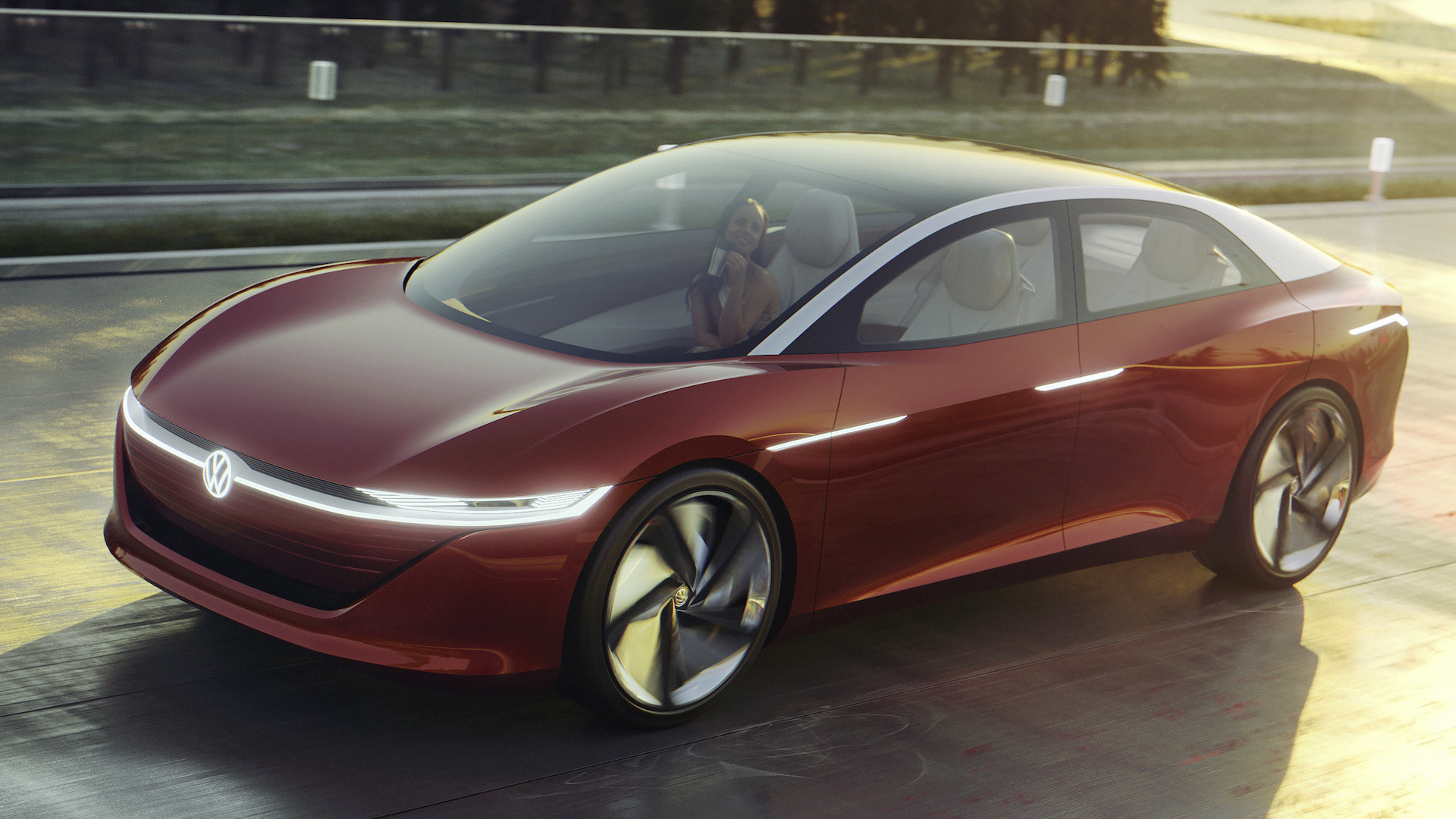

You’ve heard the good news about VW’s electric vehicle transition, that it reached 500,000 EV sales a year ahead of schedule. Now it’s time for the bad news: Its next-gen EV flagship, codenamed Project Trinity, may not arrive until the end of the decade—and the dedicated factory meant to build it may not happen at all.
The delay comes as VW gets a temperature check on its EV ambitions for the 2020s according to Autocar, with management reviewing the decade’s product plan after the installment of a new CEO. The focal point of VW’s plan is Project Trinity, a flagship EV meant to combine a new platform, “SSP,” with high-level autonomy and a cutting-edge production process. VW’s initial plan involved building a dedicated, €2 billion ($2.07 billion USD) factory for the platform, with the goal of producing 250,000 cars annually at breakneck speed. The factory is reportedly meant to break ground in VW’s home of Wolfsburg in spring 2023, and begin production in 2026.

However, VW’s new passenger cars CEO Thomas Schäfer revealed that VW’s audit has resulted in Trinity’s delay by two or more years, to 2028 or beyond, and the possible cancellation of the specialized factory. Schäfer said that with VW planning to phase out some combustion-engined models, it may have room to put Trinity’s production lines in an existing plant.
“By the time we were planning to bring the car in the middle of 2026, the factory at Wolfsburg—actually four factories—was chock-a-block,” Schäfer told Autocar at the Los Angeles Auto Show. “To integrate another car almost diagonally into the factory would have been a total disaster. Not possible. So we had to make a plan for another factory close by, run it up, clean up the rest and then reintegrate as much as we can into the old factory.”
“We’re not 100% sure what comes when,” Schäfer continued. “But what we know is that everything slides a bit back by, say, two years—on the Trinity side, specifically. That allows us, potentially, to integrate the vehicle into the factory, because by then the ICE volume in the factory will reduce and we won’t have the problem that it’s too full to integrate another car.”
Schäfer didn’t identify which plants could house Trinity production, as he reportedly said VW isn’t yet certain what its plan will be, and that the decision must also work for brands under VW’s wing.

Project Trinity’s delay may be a consequence of the shutdown of Argo AI, the vehicular autonomy firm backed by VW and its EV ally, Ford. Autonomy is a defining feature of the Trinity program, and any delay in the technology might inherently delay the car itself. In Argo’s place, VW is now working more closely with Intel-subsidiary Mobileye, to which it previously contributed mapping data. A spokesman for VW in America declined to comment on the story.
Got a tip or question for the author? You can reach them here: james@thedrive.com